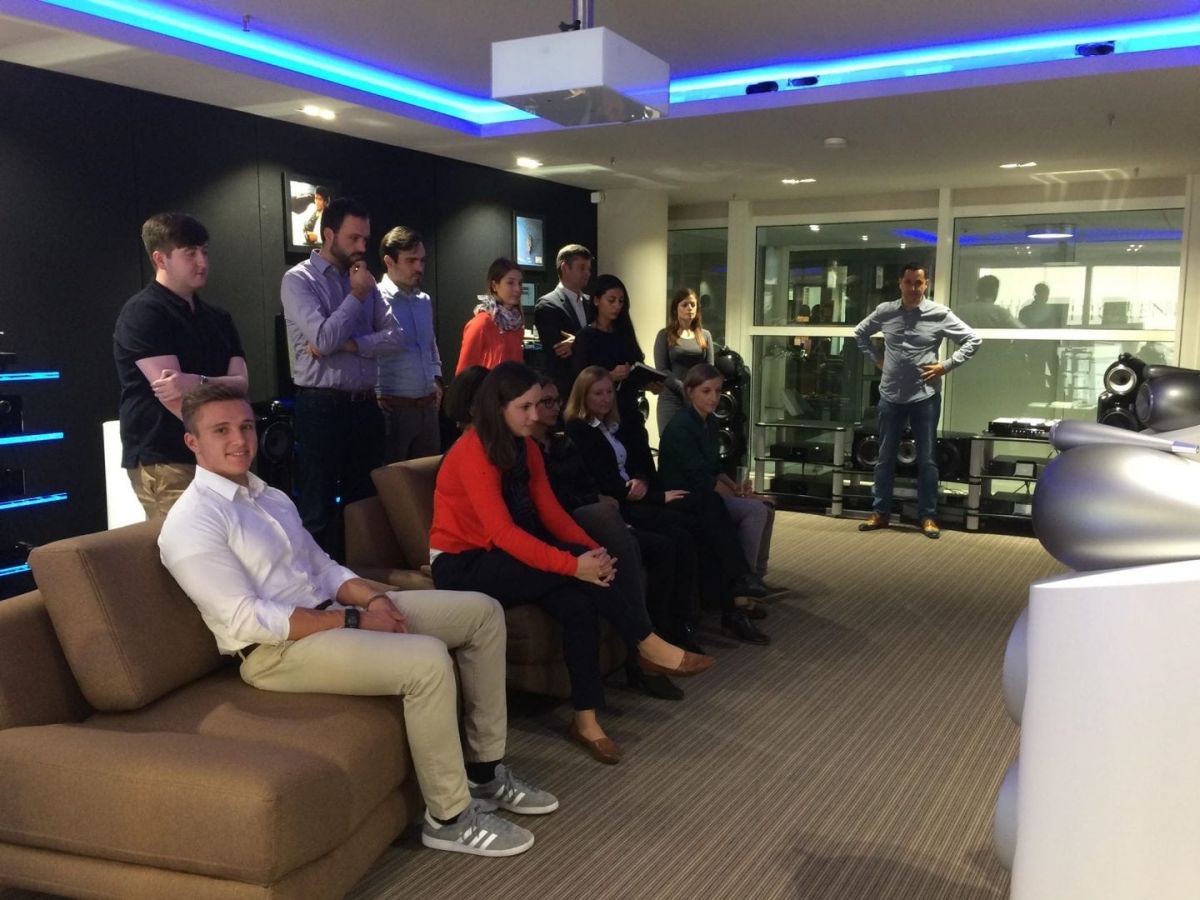Student experiences: Are internships and work experience worth it?
By Liv Clarke

We’re all told work experience and internships are an essential aspect to add to an impressive CV and can help give you that edge when applying for jobs after university. However, they can often be exclusive and difficult to obtain, so what do students actually get from them?
Work experience can give you an insight into an industry you’re interested in and make you realise whether it’s right for you. With internships you can be given certain responsibilities which you would not have through your degree alone; these can appeal to future employers and show what you’re capable of. For Charlotte, a languages student who did an internship with Texas Instruments during her year abroad, it was definitely worthwhile, “I will now leave university with a degree and over a years’ worth of work experience with a global technology company.”
Furthermore, work placements can open doors to job opportunities within the same company, which might otherwise be difficult to access. Joe, a final year student who recently completed an internship at Harman International in Germany, found that his placement gave him an insight into working at a large-scale company “I had a lot of responsibilities; maintaining the communication platform website, delivering a nationwide Bowers marketing project of product placement in BMW dealerships, coordinating and attending marketing events and completing reports on monthly sales figures.”
Longer placements are usually more beneficial than short term options, as they allow you to develop skills and get more involved with the team. Claudia, a final year student, had a placement at a card company after leaving school. She describes how her responsibilities increased during her period with the company, “Initially I was organising data input and using spreadsheets, but in the end I was pitching ideas for social media and wrote a few blogs with the team.” In contrast, when I completed two weeks of work experience at a magazine in London, I would sometimes feel like a spare part, trying to strike the balance between making myself useful but not getting in the way of everyone. Every placement is different; some companies can afford to give interns a lot of responsibility, whereas others lack the resources.
One issue associated with internships and work placements is how to access them. For the most part it is very much a case of who you know and not what you know, which can make getting these sought-after internships rather difficult. Speaking with other students, its clear that placements can be found via a variety of routes. Some applicants are lucky enough to know people on the inside, however it can also be worthwhile sending in CV to companies even if they are not advertising; “I sent out prospective applications to KCRW [a radio station] and The Local [an online newspaper] which included a cover letter and my CV”, describes Anja, a fourth year student, “and I went in in person to ask for work experience at another station, BFBS; none of them were advertising that they were doing internships, I just applied anyway in the hope they were open to it”.
Another negative aspect to work placements is the well-known image of the abused intern, someone who is running around making cups of tea for the entire office and doesn’t get paid for a single minute of their time. Interns can be exploited by companies in order to gain cheap or even free labour, as the opportunity is usually too good to resist for the student involved.
Ironically, the industries with the most unpaid internships are the typically the ones where a placement is invaluable when applying for jobs, such as in the media. Anja found that this was true with her roles, “None of the internships I have done were paid. But I understand there just isn’t enough money in smaller newspapers and radio stations to pay interns and often these businesses rely on unpaid interns to help with the work load of their full-time employees.”
Unpaid internships often favour students who come from more financially stable backgrounds, disadvantaging those who may not be able to afford to work for free and preventing them from moving up the career ladder. When this factor is combined with the nepotism involved, it reveals how elitist these placements can be. If you don’t have a family who can support you, or enough money from student loans, embarking on a placement is a decision that can’t be taken lightly.
Location can have an impact on whether a student can apply for an internship, with best opportunities frequently found in larger cities, which is great when you live in or around them, but not so good if you’re based somewhere else. As somebody who does not live in London, I had to make arrangements for accommodation during my work experience which made everything more complicated, despite it only being for such a short period of time.
However, other routes are available which can help students avoid these problems. Applications for smaller companies can be less competitive, giving you a greater chance of gaining work experience, while applying to local business can remove the financial pressure. Big names can be impressive on CVs, but you can still obtain similar skills from lesser-known places.







